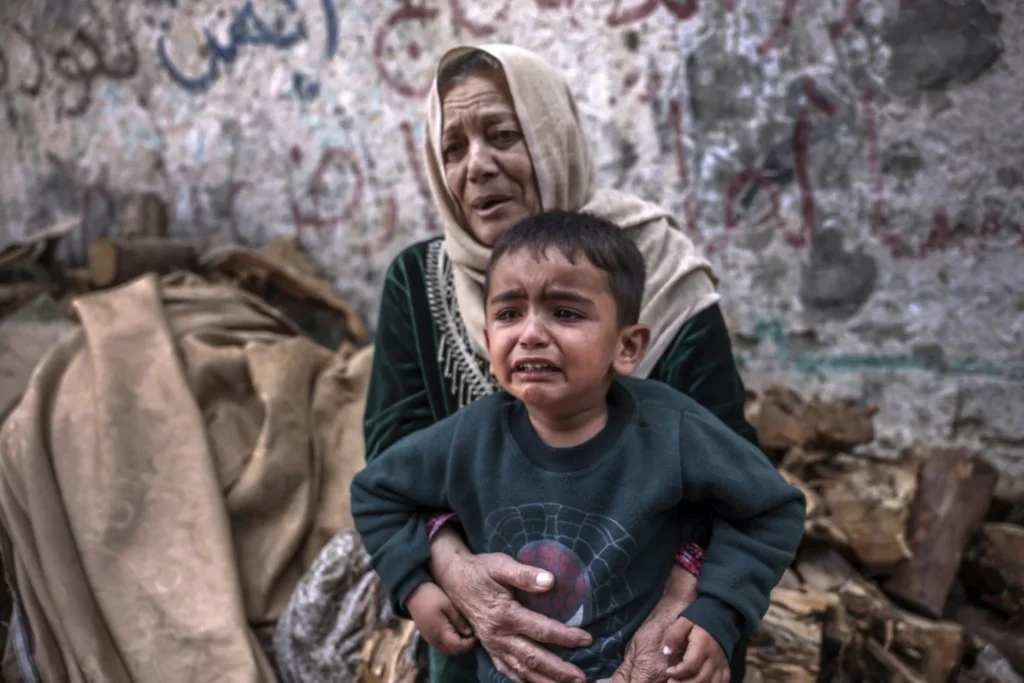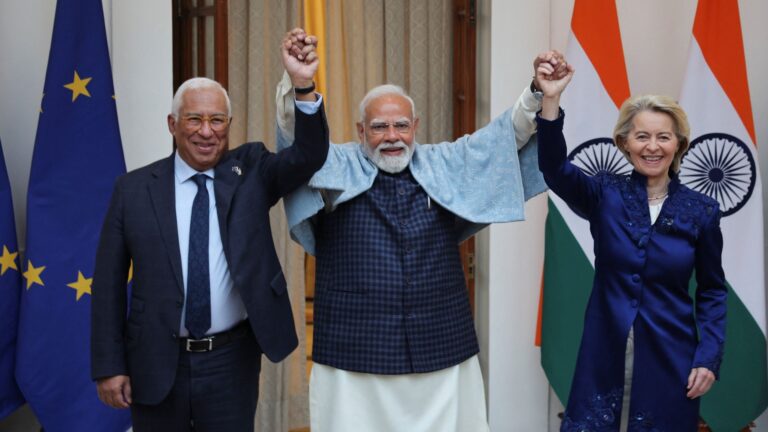
Israel has faced growing criticism for its forced displacement of Palestinians from Gaza, a charge supported by substantial evidence. These persistent allegations reveal a consistent pattern that has attracted widespread international concern and scrutiny.
Israel has approached several countries with proposals to resettle displaced Palestinians, with South Sudan being the most recent country mentioned.
Israel’s Ongoing Efforts for Forced Displacement
In the wake of nearly two years of conflict that have devastated Gaza, Israel has sought to relocate Palestinians through what it calls “voluntary migration”, a form of forced displacement, which is illegal under international law. Israel’s strategy involves offering financial incentives and logistical support to countries willing to accept displaced Palestinians.
South Sudan was recently reported as a key focus of these efforts with claims that Israel offered support in exchange for accepting Palestinian refugees.
Palestinian Leaders’ Response
Palestinian officials have strongly condemned any talks about forced displacement. A spokesperson for the Palestinian Authority said attempts to uproot Palestinians would violate their rights. Hamas called the idea “another chapter in dispossession,” emphasiszing how it threatens Palestinian identity and their right to their homeland.
These fears are deeply rooted in history and the long-standing struggle for Palestinian self-determination. Forced displacement revives worries about permanent loss of land and rights.

Global Reactions
The international community has voiced serious concern about Israel’s displacement plans. The United Nations Human Rights Council expressed deep worry and urged respect for Palestinians’ right to remain in their homeland. The European Union’s foreign policy chief described the proposals as unworkable and unacceptable.
In South Sudan, local civil society groups expressed doubts about accepting displaced Palestinians. They pointed out that South Sudan is still facing internal conflict and development challenges, which could worsen if it took in large numbers of refugees.
South Sudan’s Official Denial
Despite media reports, South Sudan’s government has denied any talks with Israel over resettling Palestinians. Officials stressed that the country is not involved in such negotiations and highlighted their own urgent challenges, including ongoing conflict and humanitarian crises, which make large-scale refugee resettlement very difficult.
South Sudan’s denial casts doubt on the reliability of earlier reports and shows the sensitivity of this issue in international relations.
The Larger Issue of Forced Displacement
Israel’s efforts to move Gaza’s population abroad risk destabilizing host countries and undermine peace efforts. History teaches that forced population transfers cause lasting harm. Examples like the Partition of India and Europe after World War II show the human and political cost of such moves.
International law protects the right of people to remain in their homeland. While some may see these proposals as humanitarian, many view them as a way to avoid addressing Palestinian statehood and the right of return.
If Palestinians are forced to leave their land again, what future remains for peace and justice in the region?
For more such articles, check out The World Times.



